Sunday School: 24-Jan-2015
If you’re a regular visitor to this site, you’ll know that there are certain kinds posts which regularly appear each week. There’s “Music Monday” where I post some Christian music which I have been enjoying that week. There’s “Wise Words on Wednesday” where I share a quotation which I find insightful. Finally, there’s “Friday Frivolity” where I post a joke, goofy video or funny image.
Well, today I’d like to introduce a new staple to Restless Pilgrim: “Sunday School”. For a while now I’ve been reading the catechesis material produced in my parish for the teens and been very impressed. I’ve asked those involved for their permission and they’ve graciously agreed for me to post it here each week so that it can reach a wider audience.
At the moment, the teens are reviewing the material from the previous weeks, but here are the notes concerning the Saints and martyrs from this week…
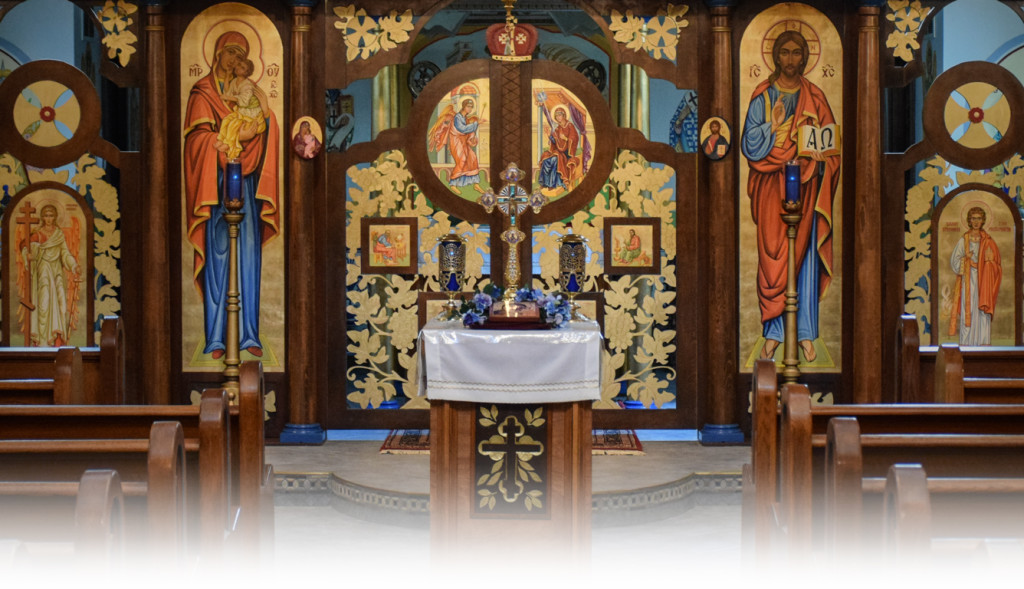
Jan 17 – Our Holy Father Anthony the Great
Anthony was an Egyptian and was born about the year 250 A.D. in the village of Koman near Herculea. Following the demise of his noble and wealthy parents, he divided the inherited estate with his sister, who was a minor, and provided for her with some relatives. Anthony distributed his half of the estate to the poor and, he, in his twentieth year, dedicated himself to the ascetical life for which he yearned from his childhood.
In the beginning Anthony lived a life of asceticism in the proximity of his village but, in order to flee the disturbances of people, he withdrew into the wilderness on the shore of the Red Sea, where he spent twenty years as a recluse not associating with anyone except with God through constant prayer, reflection and contemplation, patiently enduring unspeakable temptations from the devil. His fame spread throughout the entire world and many disciples gathered around him whom he placed on the path of salvation by his example and words.
During the eighty-five years of his ascetical life, only twice did he go to Alexandria. The first time to seek martyrdom during the time of the persecution of the Church and, the second time at the invitation of St. Athanasius, in order to refute the accusation of the Arians: supposedly that he, too, was an adherent of the Arian heresy.
Anthony died in the one-hundred fifth year of his life, leaving behind an entire army of his disciples and imitators. Even though Anthony was not a scholar, nevertheless, he was a counselor and teacher of the most learned men of that time, as was St. Athanasius the Great. When certain Greek philosophers tempted him with literary wisdom, Anthony shamed them with the question: “Which is older, the understanding or the book? Which of these two was the cause of the other?” Ashamed, the philosophers dispersed for they perceived that they only had literary knowledge without understanding and Anthony had understanding.
Here is a man who attained perfection in as far as man, in general, can attain on earth. Here is an instructor to instructors and a teacher to teachers, who, for a full eighty five years perfected himself and only in that way was he able to perfect many others. Filled with many years of life and great works, Anthony died in the Lord in the year 335 A.D.
Jan 26 – The Venerable Xenophont and Maria and their Sons John and Arcadius
They were prominent and wealthy citizens of Constantinople. Xenophont and his wife Maria lived a God-pleasing life and dedicated all their attention to the Christian upbringing of their sons. When their sons reached majority, they were sent to study in Beirut; but it so happened that a storm capsized their boat. By the Providence of God, John and Arcadius were somehow saved. They were tossed ashore by the waves but in two different places so that each thought the other was drowned.
Out of grief for each other, they both became monks in two different monasteries. After two years, their grieving parents came to Jerusalem on a pilgrimage to pay homage before the holy shrines. There, with the help of the “discernment” of a spiritual father, first the brothers met and, after that, the parents with their children. Out of gratitude to God, Xenophont and Maria distributed their entire estate to the poor and both of them were tonsured.
The history of these four souls is touching and it shows how the Lord wonderfully guides the fate of those who believe in Him; how He permits pain and sorrow upon them that they may, later on, be strengthened in faith, in order to lead them into still greater joy. They lived and died in the Lord in the fifth century.
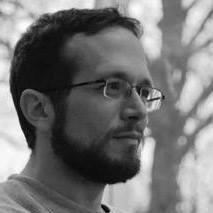 About a year ago I began growing a beard. Coupled with my glasses and accent, it made everything I said sound profound and insightful.
About a year ago I began growing a beard. Coupled with my glasses and accent, it made everything I said sound profound and insightful.

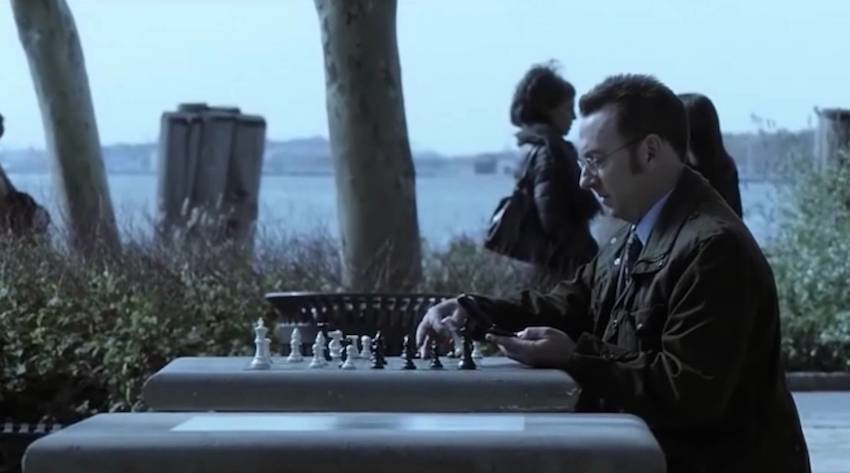


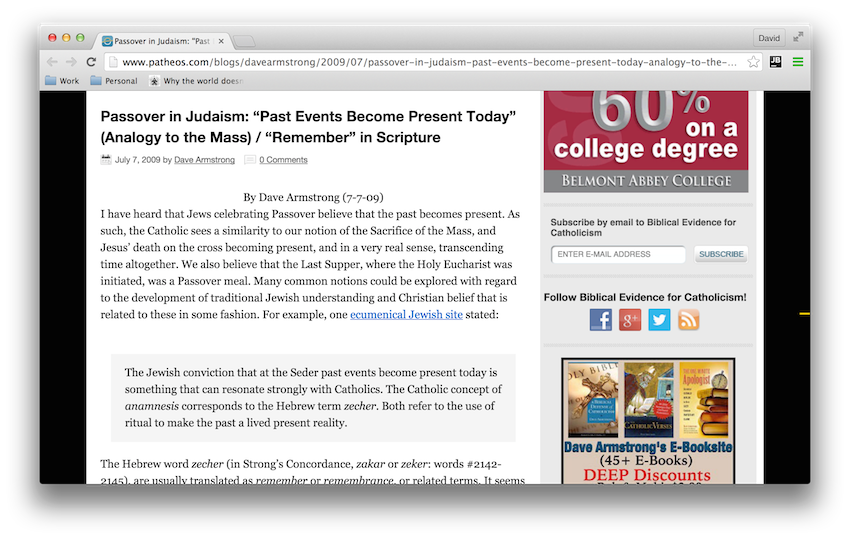
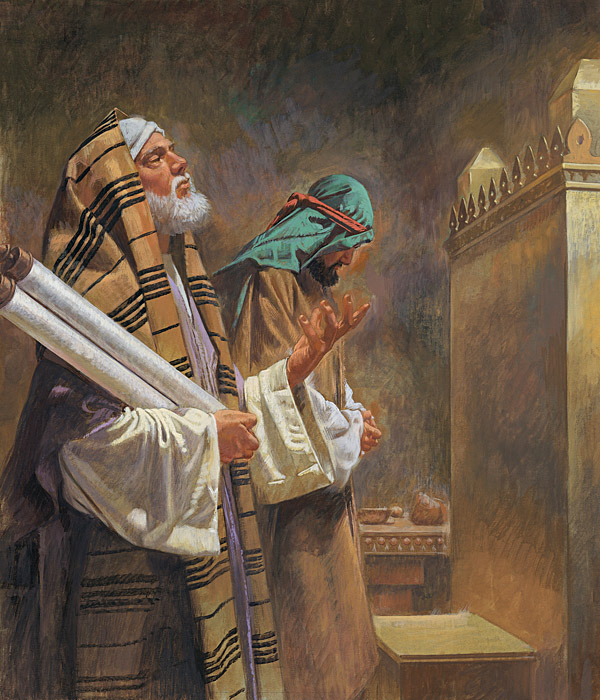 Earlier this week, we had catechesis at my parish. We’ve been meeting for the last few months and we’re currently working our way through the Liturgy of St. John Chrysostom.
Earlier this week, we had catechesis at my parish. We’ve been meeting for the last few months and we’re currently working our way through the Liturgy of St. John Chrysostom.